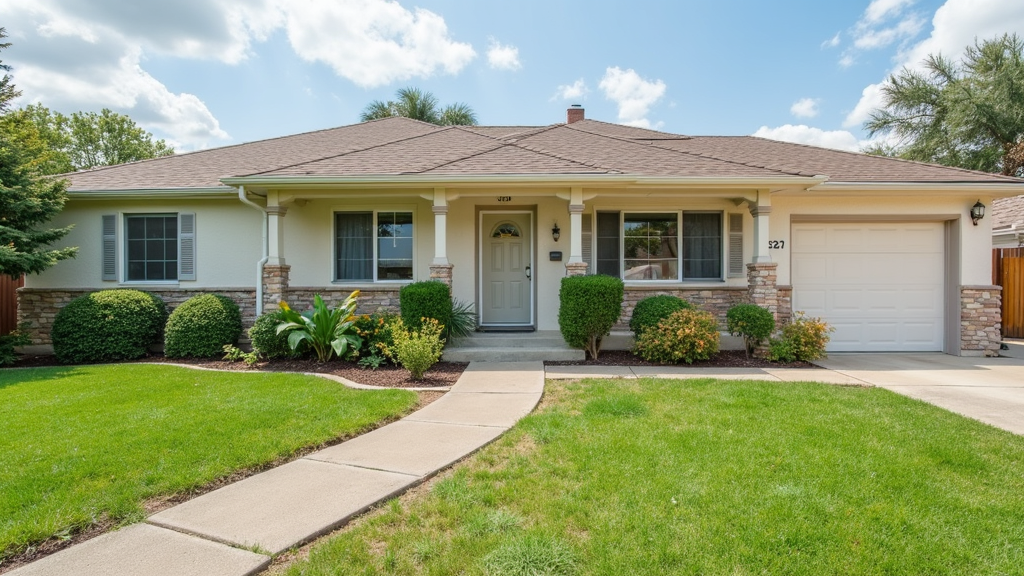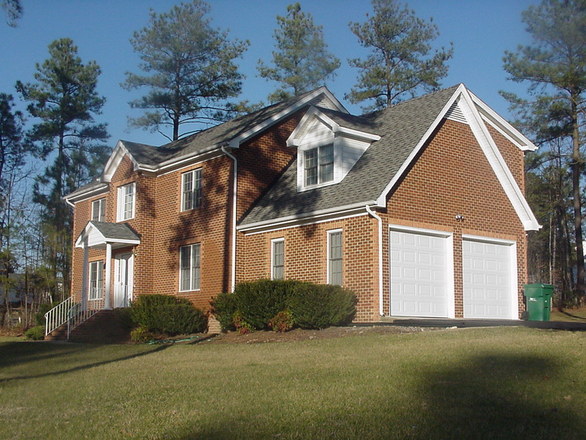
Site Verification:
Impact-Site-Verification: be9d56c1-7dfd-4451-90ae-637c8fdc5424
If you’re thinking about investing in a rental property, knowing what to look for can make a huge difference in your long-term success. This guide lays out the key things I pay attention to when I’m checking out potential rental properties, so you can sidestep common mistakes and set yourself up to bring in steady income over time. Picking the right rental is a mix of solid math, looking over the condition, and understanding the area—a little extra effort up front means fewer headaches down the line.
Understanding the Numbers: Rental Property Math
The core of any rental property decision comes down to the numbers. I start by looking at the property’s potential rental income and all expected costs, like the mortgage (Debt Service), property taxes, insurance, HOA fees, and repair allowances. Here’s a quick breakdown of how I run the math:
- Monthly Rental Income: Figure out the average rent for similar units in the neighborhood. Sites like Zillow and Rentometer are pretty handy for this.
- Total Monthly Expenses: Add up your mortgage, taxes, insurance, association fees, utilities (if any), and save a chunk for repairs and possible vacancies. If this is a Long-Distance Rental, you also want to add-in 8-10% for Property Management fees.
- Cash Flow: Subtract expenses from income. I stick with properties that generate positive monthly cash flow after all costs. After All expenses paid, I generally like to have $250+ Cashflow. If its not at least this amount, I need to research another property to get the numbers to Cashflow how I need for my Personal investing preference.
It’s really important to double-check your numbers with real market data so you’re not just guessing. Talking to local property managers or scanning online listings can help you nail down actual rents and see what tenants expect. A place can look fantastic on paper, but true figures tell the real story. Don’t forget to work in a buffer for maintenance and times when the unit might be empty—those dips can eat into your returns if you don’t plan for them.
Assessing the Property Condition and Location

The property’s location and condition play a huge role in whether it’ll attract tenants and hold its value. Here’s how I look at it:
- Neighborhood Quality: Check for low crime rates, good schools nearby, and easy access to major roads or public transit. Areas with plenty of jobs and shopping options draw strong, stable tenants.
- Property Condition: Walk through every room with a checklist. I’m always watching out for issues with the roof, foundation, and ALL Mechanical systems. These can lead to expensive surprises if you skip a close inspection.
- Growth Potential: Research any planned developments in the area. Improvements like new parks or shops can bring higher demand and bump up rent over the next few years. Are you able to observe Heavy construction at or near the downtown area of your selected City? If so, that’s a Real good sign that the city is growing and adding new features and increasing the overall economics of that city.
Beyond these basics, it’s smart to talk to neighbors or other investors for a better sense of the area’s reputation. Local news sources or city planning websites can shed light on how the neighborhood is changing. If you’re targeting a family-friendly market, look for parks, low-traffic streets, and quiet surroundings. In addition, look for parks and schools and churches to add the feel of a community for Family Lifestyles.
For young professionals, focus on vibrant locations near nightlife, restaurants, or public transit for easy commuting. Most downtown areas nowadays are adding apartment living quarters which might attract Young professionals to that area. Also, up and coming areas that have survived gentrification and small businesses are now present in those same areas would be a great attraction to Young professionals as well.
Evaluating Investment Potential: Beyond the Basics
There’s more to rental investing than crunching numbers and checking out the paint job. Here are a few extra things to look out for:
- Tenant Demand: Scroll for local vacancy rates and rental listings to see if properties in the area fill up quickly. High-demand spots are usually safer bets.
- Landlord Rules: Get familiar with local laws about rent control, eviction processes, and short-term rental restrictions. A property in a highly regulated area might mean more paperwork or limited options for raising rent. The preferred State & City of your choosing should be Landlord-Friendly states and cities. Typically, attending a MEETUPS group or attending a Real Estate Investor meeting in your area will give you all the details of Landlord rules and regulations for your area of choice.
- Future Expenses: Try to spot any big-ticket costs coming up. Think about the age of the roof, appliances, and HVAC systems. Knowing what’s due to be replaced can help you budget and avoid cash crunches.
You’ll also want to make a game plan for property management: Are you handling it yourself or bringing in a professional property manager to help? This affects your profits and how much time you’ll spend on the investment. If this property will be Self-Managed, factor in having reputable assistance of local contractors, handyman services, and how responsive local service providers are to emergencies, especially if you won’t be living nearby.
Taking the Next Steps with Confidence
Doing your homework before you buy a rental property leads to much smoother ownership down the road. Double-check your cash flow numbers, walk the whole property, and don’t be afraid to ask questions about the neighborhood and local rules. If you want more info, BiggerPockets’ rental analysis guide is super useful for more deep-dives and example worksheets. Remember, taking your time with the research now saves you time—and potentially money—later on.
Have Questions or Want to Share your Experience?
I’d love to hear your questions, tips, or stories about buying rental properties. Drop your thoughts below; your experience could help someone else make a smart choice too!

